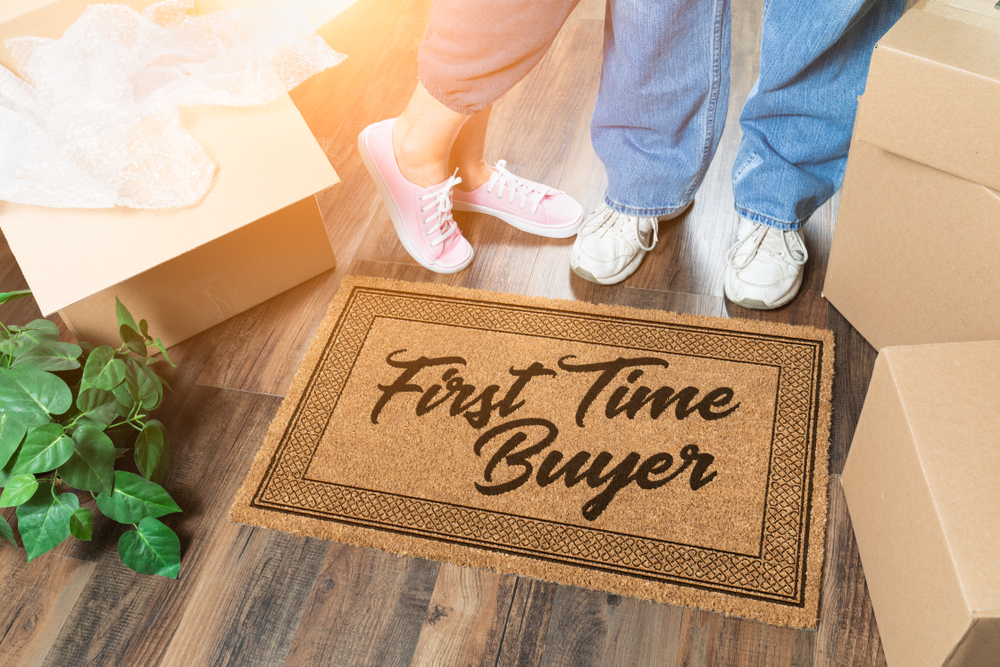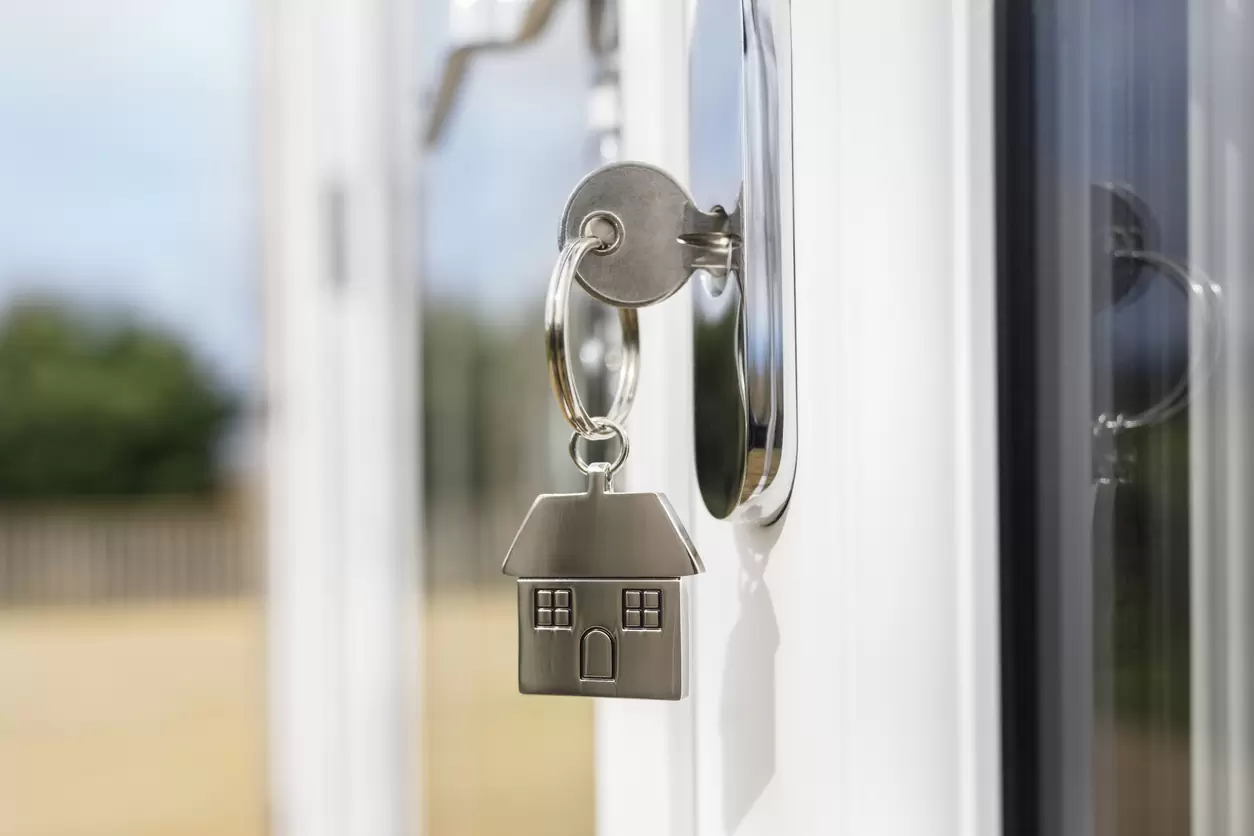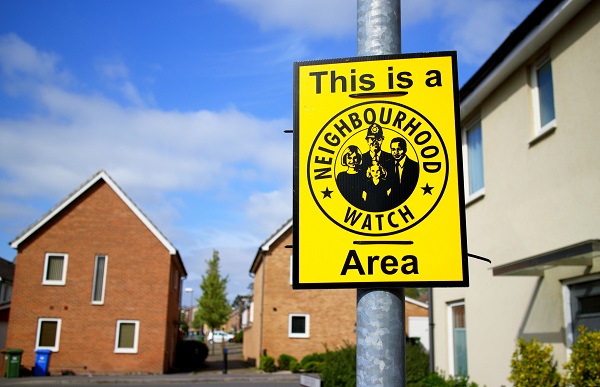The Ultimate UK Guide for First-Time Homeowners: 21 Expert Tips for a Stress-Free Start

Are you a first time homeowner?
Key Takeaways
Your first home isn’t just an asset. It’s a living system. How you maintain it, manage your finances, and plan for the future will determine its true long-term value. It's best to come up with a plan now.
Buying your first home is one of the biggest milestones in life, and one of the most complex.
Once the keys are in your hand, a new set of responsibilities begins: costs to manage, systems to maintain, and decisions that shape your long-term financial security.
This comprehensive guide brings together 21 expert-backed tips for first-time homeowners in the UK, drawn from the real experiences of the Hey Alfie homeowner community. We’ve organised these insights into seven key areas that every new homeowner should master to build confidence and control from day one.
Here’s what we’ll cover:
- Getting financially ready for ownership
- Securing and setting up your home
- Running your home efficiently
- Maintaining your property
- Managing your mortgage and finances
- Building long-term value
- Being a smart neighbour
Let’s get started. Here are the 21 tips every first-time homeowner in the UK should know.
Section 1: Get Financially Ready for Ownership

Tip 1: Calculate the True Cost of Buying and Owning
The deposit is only the beginning. Expect to pay several thousand pounds in additional costs before moving in.
Typical costs include:
- Mortgage arrangement fees (£500–£1,500)
- Survey and valuation fees (£400–£1,000)
- Conveyancing and legal costs (£1,000–£2,000)
- Removal and setup (£1,000–£3,000)
Building these into your early budget gives you a realistic view of what buying and moving truly costs, and helps prevent pressure in the first few months of ownership.
Tip 2: Build a Realistic Post-Purchase Budget
Once you own a home, your spending changes dramatically. Create a monthly budget that includes your mortgage, bills, food, and transport, plus an allowance for maintenance and improvements.
At Hey Alfie, we recommend using the 50–30–20 rule as a simple framework for managing your household budget. This involves allocating 50% of your income to essentials such as your mortgage, bills, and insurance, 30% to lifestyle spending, and 20% to savings or home repairs. This approach keeps your finances balanced and ensures there’s always money set aside for maintenance and the unexpected costs of ownership.
Tip 3: Keep a Three-to-Six-Month Emergency Fund
Unexpected costs, whether thats a broken boilers or a roof leak, are unavoidable. Build an emergency fund worth three to six months of living expenses. Keep it separate from everyday accounts, in an easy access savings account. It’s your financial shock absorber when homeownership throws surprises your way.
Section 2: Securing and Setting Up Your New Home

Tip 4: Change Locks and Test Safety Systems Immediately
Security should be your first priority.
Change or rekey all external locks as soon as you move in. Test smoke and carbon monoxide alarms on every floor, and check window locks. If you inherited an alarm system, reset codes and update monitoring details. A quick audit of basic security systems can save headaches and protect your insurance coverage.
Tip 5: Register Utilities and Council Tax Within 48 Hours
Contact your local Council and energy suppliers within two days of moving in. Take meter readings and share them with your new providers to avoid estimated bills. For broadband, allow up to 14 days for setup, so plan ahead. Registering promptly prevents late fees and ensures your Council Tax banding is correct.
Tip 6: Confirm Your Insurance Is Active
Buildings insurance should start from exchange. Double check that it’s active on the day you move. Add contents insurance to protect possessions and consider “home emergency” cover for plumbing or electrical faults. A solid policy can be the difference between a small inconvenience and a financial setback.
Section 3: Running your home Efficiently

Tip 7: Create a Centralised Home-Admin Folder
Store everything, appliance manuals, warranties, legal documents, insurance certificates, in one secure location. Digital storage is best for easy access.
Set recurring reminders for policy renewals and appliance servicing. Hey Alfie can manage this automatically for you, storing key home data, scheduling maintenance, and ensuring you never miss a renewal date.
Tip 8: Invest in Essential Homeowner Tools
You’ll need a reliable toolkit. At minimum, buy: a screwdriver set, hammer, pliers, adjustable wrench, tape measure, torch, sealant gun, and step ladder. Add a fire extinguisher, smoke alarm batteries, and a first-aid kit. A small toolkit costs about £50 to £100 but can save hundreds in call-out charges for basic tasks.
Tip 9: Improve Your Energy Efficiency
Energy efficiency is good for both the planet and your bills.
Start with low-cost upgrades: LED bulbs, draught excluders, radiator reflectors, and a smart thermostat. If you can invest more, loft insulation (£400 to £600) and double glazing (£3,000 to £5,000) offer long-term returns. An efficient home can save £250 to £500 per year and boost your EPC rating.
Section 4: Maintaining Your Property

Tip 10: Follow a Seasonal Maintenance Schedule
Preventive care avoids expensive repairs later. Here's what we recommend at Hey Alfie to follow:
- Spring: Clean gutters, inspect roof tiles, touch up exterior paint.
- Summer: Service garden equipment, test alarms, check external walls.
- Autumn: Clear leaves, bleed radiators, service the boiler.
- Winter: Check for damp and draughts, insulate pipes, test heating.
Create reminders or let Hey Alfie schedule and track these automatically.
Tip 11: Know When to DIY and When to Call a Professional
DIY can save money, simple painting, resealing bathrooms, replacing handles. But never tackle electrical, gas, or structural work yourself. Gas and electrical jobs must be done by registered professionals (Gas Safe, NICEIC). Mistakes can void insurance or create safety hazards. If in doubt, ask Alfie for guidance. On average professionals can cost £80–£120 per hour, but it ensures peace of mind.
Tip 12: Remember regular Maintenance Costs to Stay in Control
Keep a log of regular repairs and services that your home needs. Example annual costs can include:
- Boiler services (£80 to £120)
- Roof inspections (£150 to £250)
- Gutter cleaning (£70 to £100)
Record dates and invoices in one place. Hey Alfie users can upload receipts, monitor spending trends, and even plan budgets based on real data instead of guesswork.
Section 5: Manage Your Mortgage and Finances Like a Pro

Tip 13: Review Your Mortgage Annually
Even during fixed-rate periods, review your mortgage yearly. Note your remaining balance, term, and interest rate. Compare current market averages. Early awareness helps you prepare for remortgaging, negotiate better terms, and avoid being rolled onto higher standard variable rates when your deal ends.
Tip 14: Make Small Overpayments Where Possible
Many lenders allow up to 10% annual overpayments without penalty. Paying just £50 to £100 extra each month can shave years off your mortgage term and save thousands in interest. Confirm limits with your lender and set it up as an automated transfer.
Tip 15: Prepare Early for Remortgaging
Start exploring new deals three to six months before your current rate expires. Gather payslips, ID, and recent statements in advance. If your home’s value has risen, your loan-to-value ratio may improve, unlocking lower interest rates. Avoid letting your fixed rate lapse into a higher variable rate.
Section 6: Build Long Term Value

Tip 16: Prioritise Improvements That Add Value
When upgrading your home, focus on projects that improve both daily comfort and long term resale value. It’s easy to overspend on aesthetics, but well-planned upgrades can return a meaningful percentage of your investment.
Typical value adding projects include:
- Kitchen remodels: Often return 5–10% of your home’s value. A mid-range update typically costs £8,000 to £12,000, while simple replacements of doors and worktops can freshen the space for under £3,000.
- Bathroom upgrades: Deliver around 3–5% ROI. Re-grouting, new fixtures, and modern lighting can transform the room for £2,000 to £4,000.
- Energy efficiency improvements: Loft insulation, double glazing, or a new boiler can return 4–7% in added value and reduce running costs by £250–£500 annually.
- Cosmetic enhancements: Repainting, landscaping, or replacing front doors are low-cost upgrades that improve kerb appeal immediately.
Before starting any project, research local property prices to avoid overcapitalising. Focus on upgrades that bring your home in line with, not beyond, your neighbourhood standard.
With Hey Alfie, you can track improvement costs, compare quotes, and plan upgrades strategically based on your budget and long-term goals.
Tip 17: Keep Detailed Records and Receipts
Maintain documentation for all repairs, warranties, and improvements. Buyers and insurers value proof of consistent maintenance. For large works, keep planning approvals and contractor certifications. Storing everything in one place makes selling, insuring, or refinancing far smoother.
Tip 18: Stay Compliant With Legal Obligations
Review your title deeds for restrictive covenants or shared-access clauses. If your property is a leasehold, know your service charge schedule and major works responsibilities. Keep up with annual gas-safety and electrical checks, non-compliance can void insurance or delay future sales.
Section 7: Be a Smart Neighbour and Informed Owner

Tip 19: Engage With Your Local Community
Introduce yourself early to neighbours. Good communication helps resolve issues quickly, from bin storage to shared fences. Join community forums or WhatsApp groups. Local knowledge helps you find trusted tradespeople and stay informed about planning developments.
Tip 20: Stay Alert to National and Local Homeowner Schemes
Keep up to date with grants like the Energy Company Obligation (ECO4) and local retrofit programmes. These can reduce costs of insulation, heating upgrades, and renewable energy installations. Subscribe to GOV.UK housing updates or use Hey Alfie’s to spot new funding opportunities.
Tip 21: Finally, use Alfie to Protect Your Home!
Hey Alfie can simplify homeownership from getting DIY advice and finding professionals to providing reminders and tracking costs. Alfie looks after your property so nothing gets overlooked.
Conclusion
Owning a home is both an achievement and a responsibility. The difference between stress and success lies in preparation and consistency.
Follow these 21 expert tips to stay ahead of costs, maintain your property, and make smart financial decisions.
